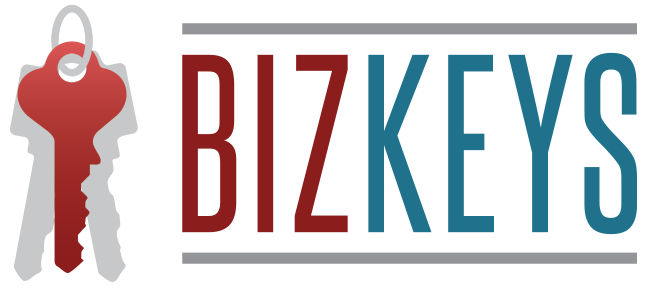When a Wage and Hour Division investigation results in Fair Labor Standards Act (FLSA) violation assertions, what types of legal action may be initiated by DOL?
When a Wage and Hour Division investigation results in Fair Labor Standards Act (FLSA) violation assertions, what types of legal action may be initiated by DOL?
By: Morris Jennings
Wage and Hour Consulting Services
Last month’s “OFF THE CUFF” discussed the most common factors that trigger litigation or administrative legal action by DOL. This article is related, in that the actual types of legal action are reviewed.
The most common types of FLSA legal actions filed by DOL are:
- Suit to recover unpaid minimum wage and/or overtime compensation, plus liquidated damages (generally equal to the back wages)
- Injunctive action, to obtain both future and retroactive compliance
- “Hot goods” action*, seeking a civil injunction restraining the removal of goods for shipment in interstate or foreign commerce
- Suit to recover unpaid civil money penalties (if the defendant failed to contest the penalty assessment or has exhausted administrative appeals)
- Administrative legal actions may come into play subsequent to civil money penalty assessment. If the employer contests the assessment, a hearing is scheduled before a DOL administrative law judge.
*A “hot goods” action is usually filed when there is a need to quickly prohibit shipment of “tainted goods” by obtaining a temporary restraining order. This type of litigation is intended to pressure an offending employer to promptly achieve compliance and pay back wages under DOL supervision. It is possible for “hot goods” litigation to be filed under criminal provisions of the FLSA, but the usual approach is civil injunctive action. The injunction is normally sought against the offending employer (the producer of the goods). If the producer has already shipped the goods, the possessor of the goods (other than a common carrier or the ultimate consumer) may be sued to restrain further shipment into commerce.
Civil action that seeks a court order requiring payment of back wages reaches back three years when willfulness is proved. Absent willfulness, the standard FLSA two-year statute of limitations applies.
The FLSA includes a provision that allows the filing of criminal charges against an employer. The WHD District Directors instruct investigators to prepare the most egregious cases for criminal prosecution, based on WHD National Office policies. As criminal development of a case is done against the worst offenders, and the FLSA allows for imprisonment only after a second conviction, the case development includes sufficient evidence to also permit charges of violations of other federal criminal statutes (e.g., mail or wire fraud, peonage, or slavery). Conviction on such multiple counts may result in a prison term, even for first offenses.
The DOL Office of the Solicitor litigates only civil and administrative law cases. Criminal cases are prosecuted by the U. S. Department of Justice. It has been my experience that DOL believes civil litigation to be sufficient in most cases. FLSA criminal litigation is rare, but I see an occasional DOL news release about a conviction of an employer who had been charged with criminal violations of the FLSA (and usually other statutes).
In addition to the legal actions described above (that may be filed by the DOL Office of the Solicitor or the DOJ United States Attorneys), employees have a private right to file suit for recovery of unpaid minimum wage and/or overtime compensation, liquidated damages, court costs, attorney fees, etc.
See http://www.dol.gov/elaws/esa/flsa/screen74.asp for a synopsis of how the DOL Wage and Hour Division enforces the FLSA.
The author, a former enforcement agent with the DOL Wage and Hour Division, offers consultation and technical guidance to attorneys and employers. You may contact him at Morris@FLSA-SCA.com or 866-895-3572.


One Response
I only recently discovered your FLSA articles which are detailed,focused and useful for attorneys and others dealing with DOL WHD. I have and will continue to spread the word re your consultative services.
I would appreciate your comment to the following query.Manager of corporate employer signed Back Wage Compliance And Payment Agreement before seeking advice of attorney or other FLSA consultant.Only one employee covered(appx. $2500 wage award) on basis of interstate commerce re swiping credit cards,no other workers covered. What administrative, court review or hearings or other options to set aside the agreement for the employer are available given the managers signing the said Agreement? Thanks for your kind consideration.Joe Hill